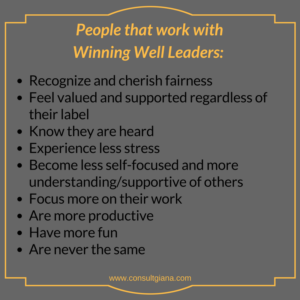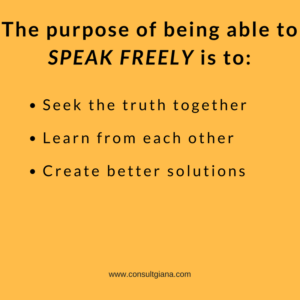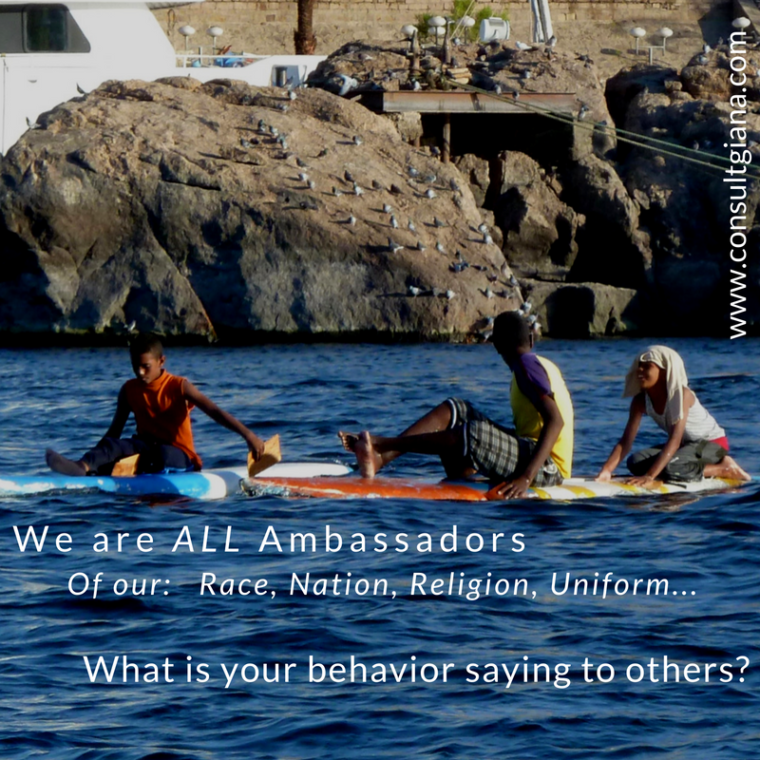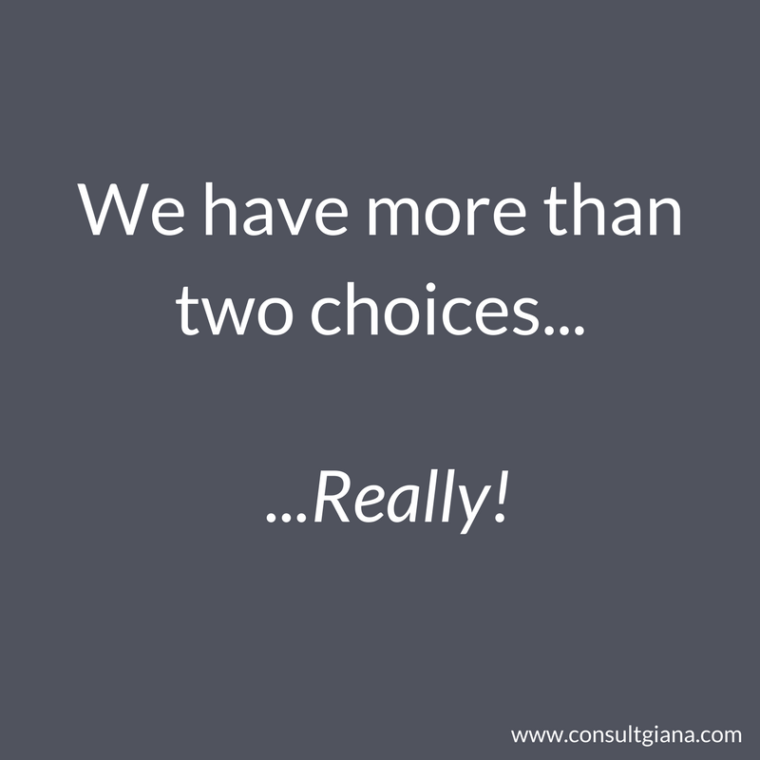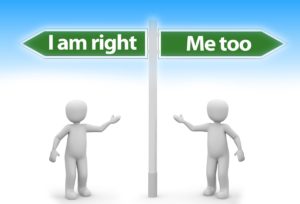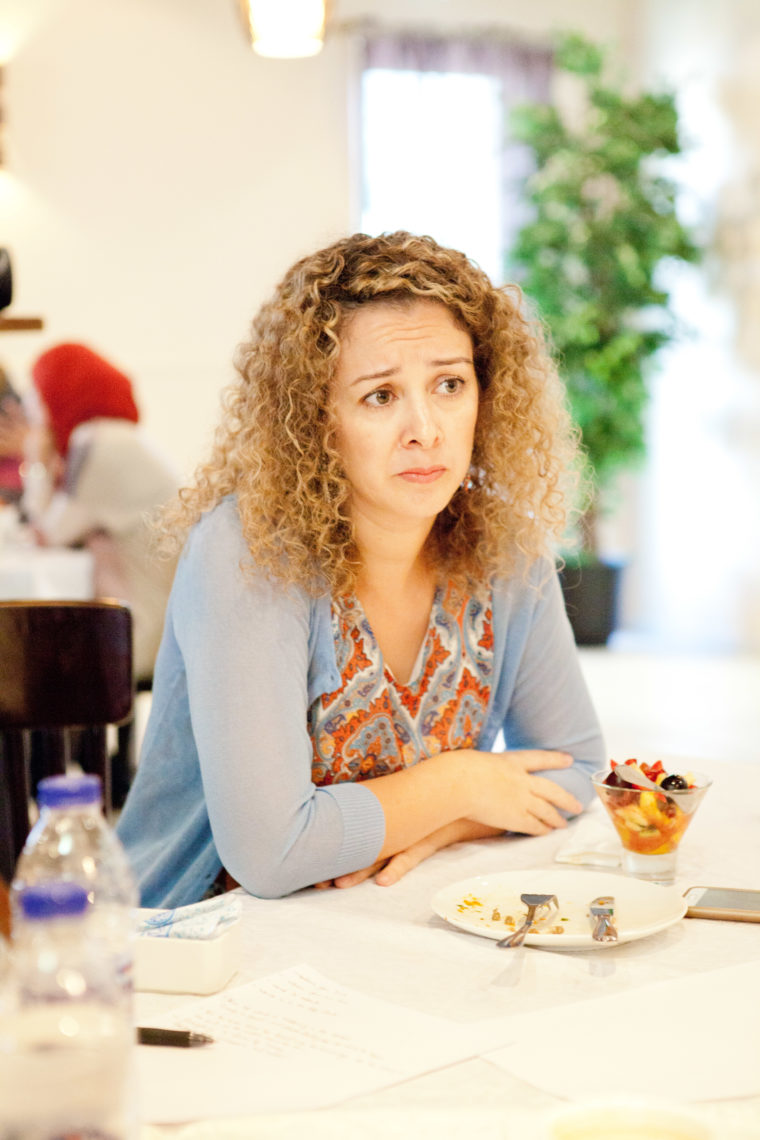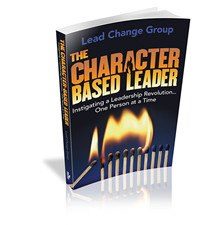Have you ever pondered the reasons or benefits of free speech?
- In nations?
- Or workplaces?
Obviously speaking freely is not allowed in many nations or workplaces.
- Lowers leadership accountability and potential.
- Impacts the way two people or thousands of people work together.
- Determines how well resources are utilized and how quickly problems are solved.
- Limits the overall health, effectiveness, and future of their workplace or nation.
Speech was controlled in the place we lived for four years, in many ways. Below are a few examples:


